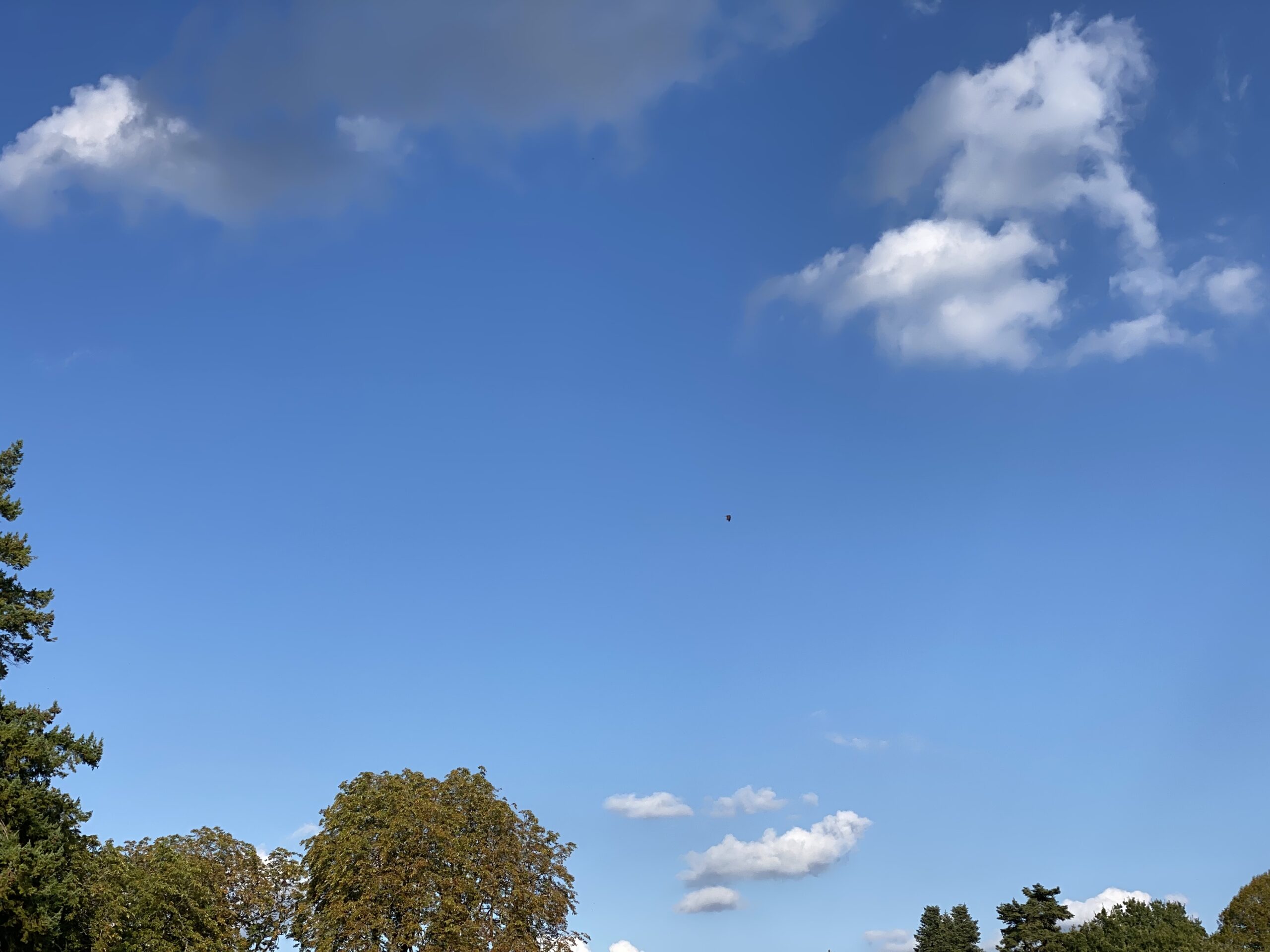When we manage to acknowledge and accept what comes up, however painful that may be, we arrive at a deeper level, the third level of consciousness. John Main called this: “the level of silence, where we see with wonder the light of our own spirit” and “where we contact the ground of our being” (Word into Silence). Laurence Freeman explains that before we experience that blissful contact we become aware of the last barrier of the ‘ego’ – “the ego’s naked sense of its own finite existence [which] is like a brick wall we cannot get over by ourselves. In God’s time and by a free gift an opening appears in the wall of selfhood. In that opening of self-transcendence we leave self behind and find our true self in Christ.” (Sharing the Gift p.65) This last barrier causes in us a deep sorrow, caused by our illusionary perception that we are separated from God. John of the Cross called this ‘the dark night of the soul’. But we realise through grace that this is a false perception – we are always integrally connected with the Divine Reality – and then as the hymn Amazing Grace says so beautifully “I once was lost but now I’m found, was blind but now I see”. Then we realise the wall is of our making and it disappears, filling us with the joy and peace of union.
These three levels we have been considering are not different, separate levels, but three aspects of our consciousness, which unfold in due course. In meditation we keep touching these aspects at different stages of our journey in a spiral fashion. We keep learning and growing (and sometimes temporarily regressing). The more we enter the silence and stillness of meditation, the more we leave behind our distractions, the more we understand our emotional wounds through the gift of insight and the more we are healed, made whole. The ‘ego’ and the ‘self’ are increasingly communicating and integrating, supporting each other. We need both ways of being and perceiving reality to be able to experience ‘life in all its fullness’. With detachment from our conditioning and detachment from the need to use the world and other people as emotional props, we are finally able to ‘leave self behind’ and reach out to others and God. A different way of knowing, a clearer intuitive understanding emerges: we now perceive on an intuitive level with the ‘Eye of the Heart’, when we see “reality as it is, infinite”, as Blake put it. Our ordinary way of dealing with the world before this development was seeing reality with the ‘Eye of the Flesh’. The emphasis was on our experience in the material world, the world of the senses: we were scientists, collecting data. Then we looked for patterns and tried to make sense of what we perceived, using the ‘Eye of the Mind’, the rational level.
The famous scientist of our time Stephen Hawking operates at level of the ‘Eye of the Flesh’ and the ’Eye of the Mind’. As a rational scientist, he thinks all can be understood with the rational mind, even God: “However, if we do discover a complete theory, it should in time be understandable in broad principle by everyone, not just a few scientists. Then we shall all, philosophers, scientists, and just ordinary people, be able to take part in the discussion of the question of why it is that we and the universe exist. If we find the answer to that, it would be the ultimate triumph of human reason: then we would know the mind of God.”
Yet, perhaps Stephen Hawking may, since writing that, now agree with Albert Einstein, who stressed the importance of the ‘Eye of the Heart’: “the really valuable factor is intuition” and “the cosmic religious experience is the strongest and noblest driving force behind scientific research.” St Paul also drew the attention to seeing with the ‘Eye of the Heart’: “I pray that the God of our Lord Jesus Christ, the all-glorious Father, may give you the spiritual powers of wisdom and vision by which there comes the knowledge of Him…I pray that your inward eyes may be illumined, that you may know what is the hope to which He calls you.” (Ephesians 1:17/8). St Augustine too emphasizes the importance of intuitive seeing: “The whole purpose of this life is to restore to health, the eye of the heart by which God may be seen.” At that stage of our growth the three levels of knowing are integrated. This can happen suddenly, or over time in the silence and stillness. Then we reach “purely spiritual knowledge….There we hear without any sound and see without matter.” (Meister Eckhart)
Image Bonnevaux, August 2021





